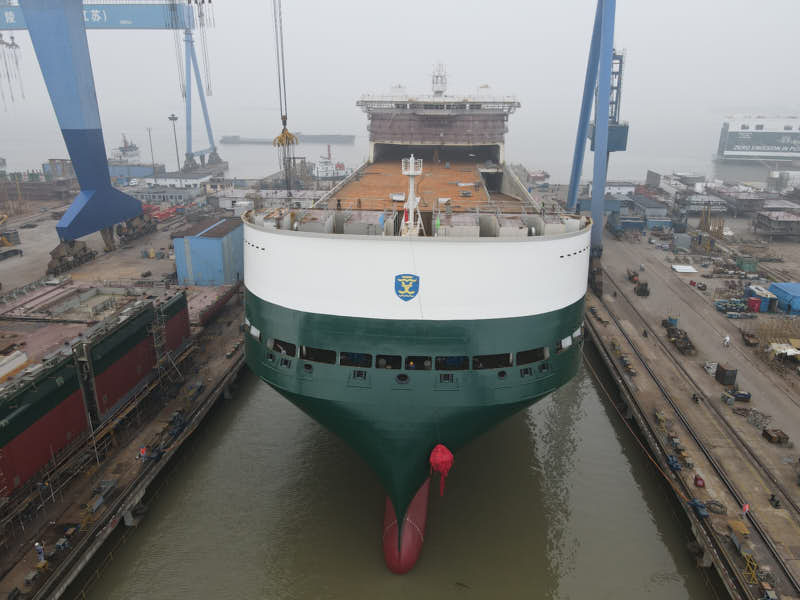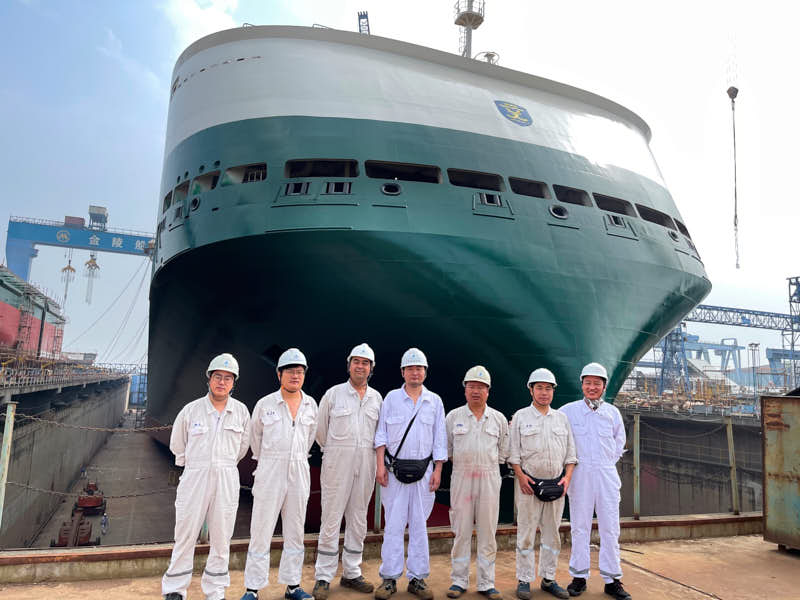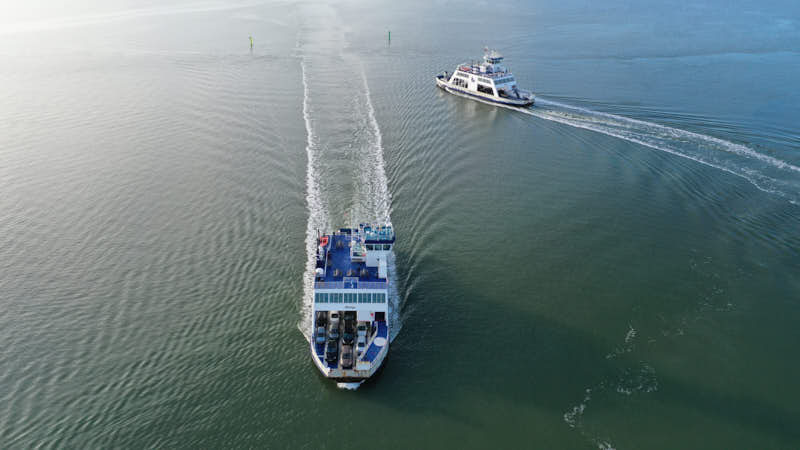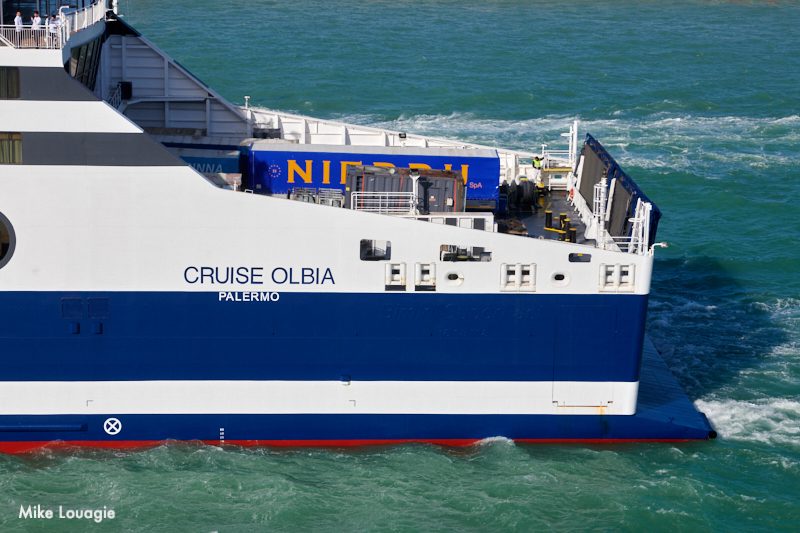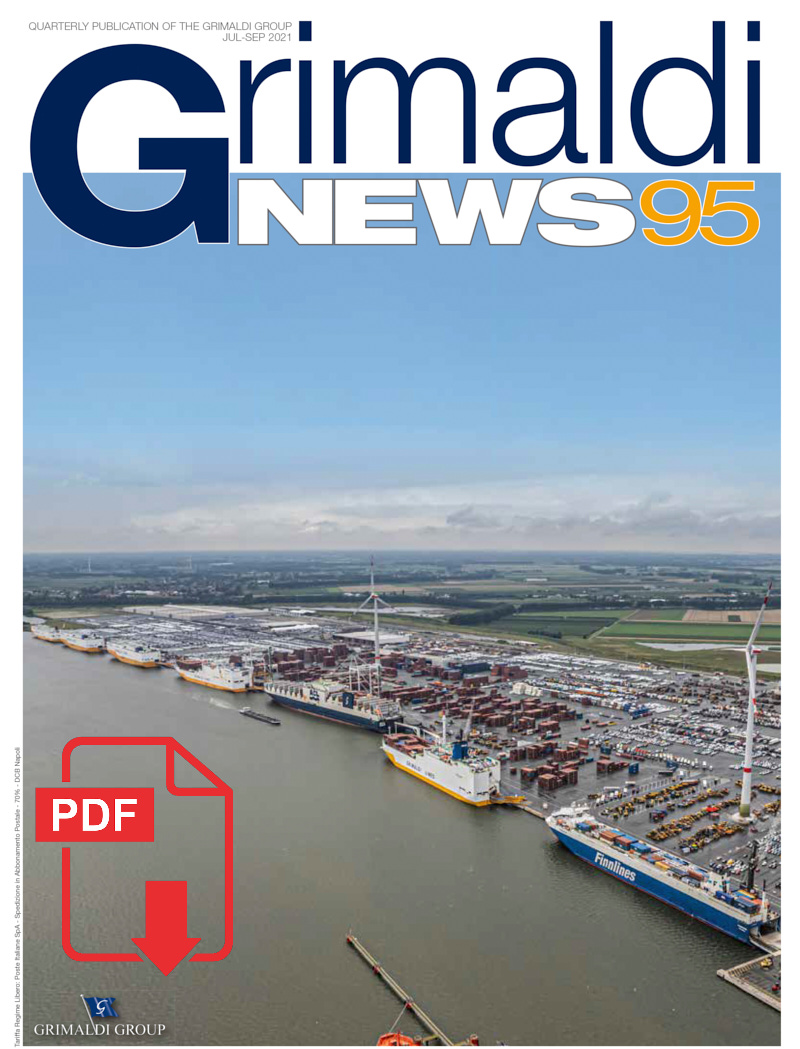
- Fjord1 has operated in a safe and responsible manner throughout the Covid-19 pandemic, protecting the safety and security of its employees, customers and suppliers while fulfilling its responsibilities as a provider of critical transport infrastructure in coastal Norway.
- Revenue in Q2 amounted to NOK 708 million, a decrease of 6%. The reduction is mainly attributable to the phasing out of the Molde-Vestnes ferry contract. (operated by Boreal as from 1 September 2021)
- EBITDA in Q2 was NOK 190 million, down from NOK 245 million. The EBITDA margin declined to 27% from 33%, reflecting lower revenue and higher maintenance cost in Ferry, and continued weak results in the Tourism segment due to Covid-19 travel restrictions.
- For the first half year, revenue declined 7% to NOK 1,399 million, with the EBITDA declining 12% to NOK 387 million.
- Investments amounted to NOK 81 million in Q2 and NOK 154 million in H1.
- Investments are significantly reduced from 2020, as the company is passed the peak of its vessel newbuilding and electrification program.
- Fjord1’s long-term contract portfolio, worth NOK 22.7 billion, together with long-term ambitions for the Tourism segment provide a solid base for further development of the company.
Ferry Segment
- Ferry passengers -9% in Q2 and -0.6% in H1
- Vehicles -6,2% in Q2 and +1.3% in H1
This mainly reflects the phasing-out of the Molde-Vestnes contract.
- Ferry revenue declined by 7% both in Q2 and H1
- The majority of Fjord1’s contracts are based on capacity and sailing frequency rather than traffic volumes, which largely insulates revenue and earnings in the Ferry segment from changes in traffic volumes on routes under contract.




